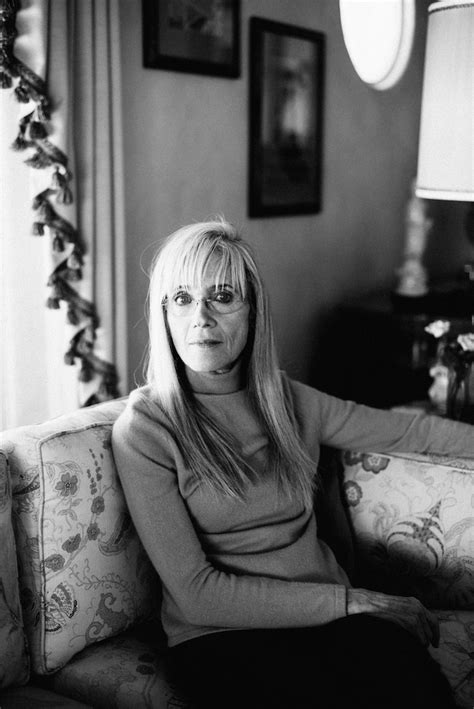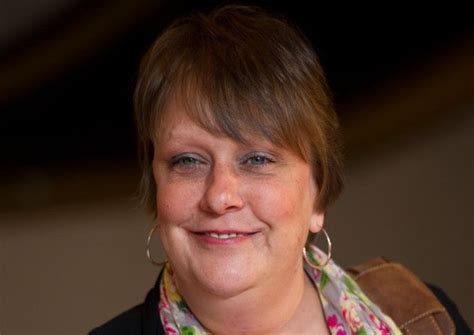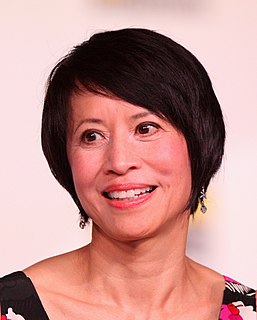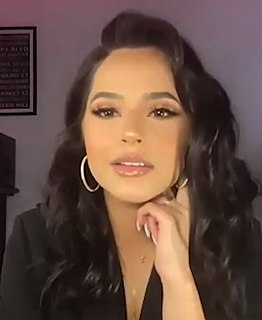A Quote by Rachel Kushner
Growing up, I was not told that there were women's areas of preoccupation or male ones.
Quote Topics
Related Quotes
Men are now also in the minority among the entering traditionally male-dominated areas such as law and medicine. Finance and politics are still firmly in male hands, but in many other areas it seems the proportions are shifting in women's favor. Boys are doing worse at school and university. It's only logical that this imbalance, which can be observed in most industrialized countries, will change conditions on the job market.
The bonding of women that is woman-loving, or Gyn/affection, is very different from male bonding. Male bonding has been the glue of male dominance. It has been based upon recognition of the difference men see between themselves and women, and is a form of the behaviour, masculinity, that creates and maintains male power… Male comradeship/bonding depends upon energy drained from women.
I don't think that there's a target audience at all. These stories were in circulation. The stories were told by men, told in the marketplace by men, but also behind doors by women, but there's no real record of this. It's likely they were told by women to children in their interior rooms. The story could be a negative story, they could be presented as a, "Watch out! Women will get round you, do things to you, weave you in their toils." It could be buried in it an old cautionary story about women and their wiles.
Men ruled the roost and women played a subservient role [in the 1960s]. Working wives were a rarity, because their place was in the home, bringing up the kids. The women who did work were treated as second-class citizens because it was a male-dominated society. That was a fact of life then. But it wouldn't be tolerated today, and that's quite right in my book... people look back on those days through a thick veil of nostalgia, but life was hard if you were anything other than a rich, powerful, white male.
I've always had gender confusion. I had two older brothers, and I've been predominantly male influenced. I really always looked up to my dad, really always looked up to my brothers... I had a lot of male friends growing up. It didn't help that in my town, where I lived, there were no female musicians.
Growing up, you're told there are things you're not capable of doing because you're a girl. That perception's starting to change and it's amazing. It's important that we continue to share the message with other young women. If they grow up in a household or go to a school where they're told that they can't do certain things, it's important that they hear from someone that it is possible to do whatever they want with their lives.
I feel like, for so many years in the industry, LGBT-identifying actors were told to play small or water themselves down or 'butch it up,' whether you're a male and you're only going out for straight characters because gay characters aren't being written, or you're a woman and you're told to 'femme it up' to play the leading lady role.






































